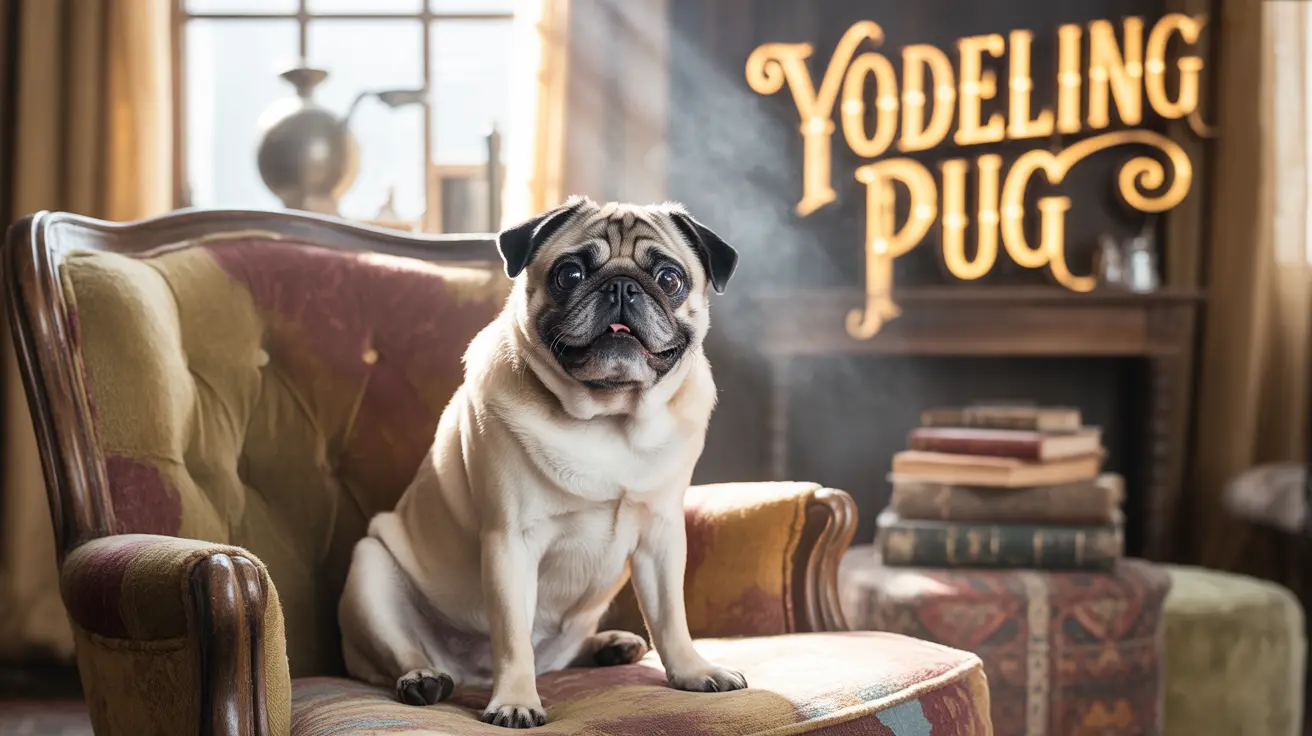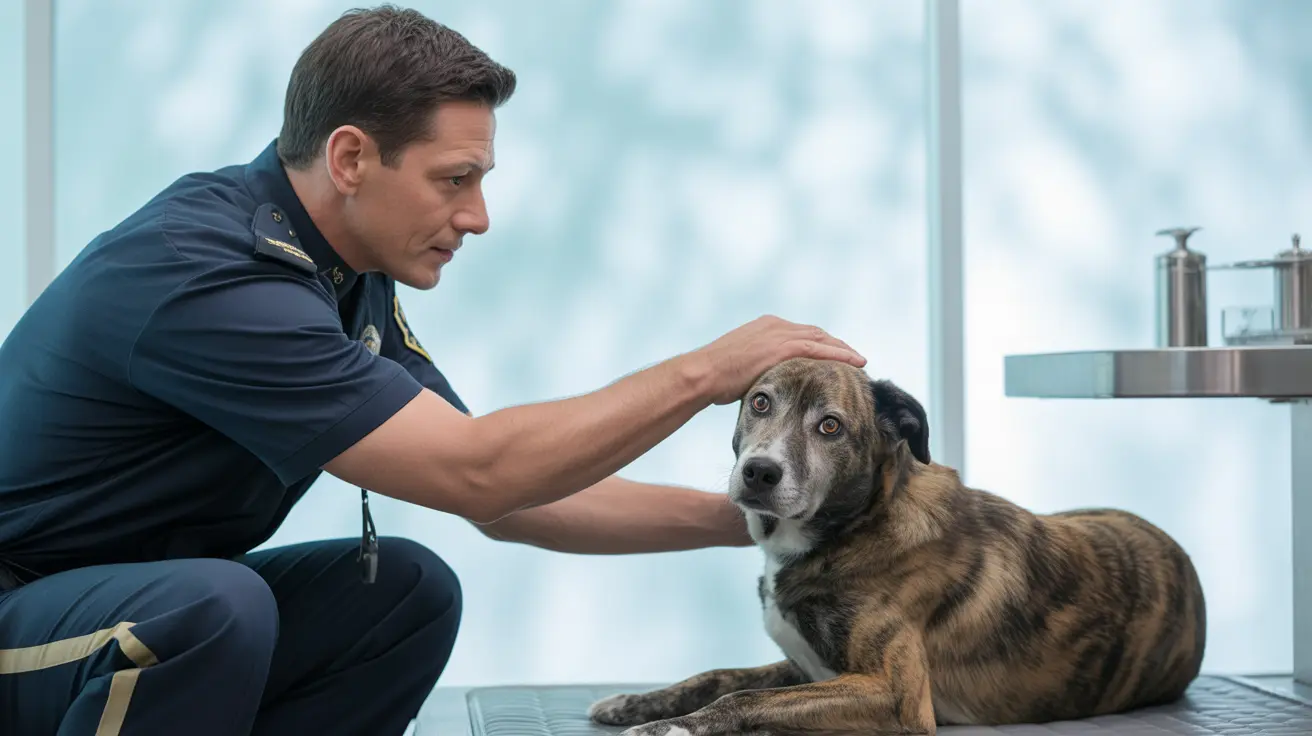Understanding Pug Barking Patterns
Pugs generally bark with purpose rather than excessively. Their barks often serve as communication tools, whether they're greeting visitors, expressing excitement, or alerting you to something unusual in their environment. Unlike some small breeds known for frequent barking, Pugs typically maintain a more moderate vocal presence.
The distinctive Pug bark is often described as a "yip" or "yodel," with varying pitches indicating different emotions. High-pitched barks usually signal excitement or happiness, while lower-pitched vocalizations might indicate concern or discomfort.
Common Triggers for Pug Barking
Attention-Seeking Behavior
Pugs are social creatures who crave human interaction. They may bark to:
- Get your attention for playtime
- Signal meal times
- Express a desire for cuddles
- Show frustration when left alone
Environmental Factors
Several external triggers can prompt your Pug to bark:
- Unfamiliar noises
- Visitors arriving
- Other animals in the vicinity
- Changes in their routine or environment
Beyond the Bark: Unique Pug Vocalizations
Pugs are famous for their array of distinctive sounds beyond traditional barking. Due to their brachycephalic (flat-faced) anatomy, they often produce various noises including:
- Snorting
- Snuffling
- Wheezing
- Grunting
- Snoring
Managing Your Pug's Vocal Habits
While Pugs aren't typically excessive barkers, some individuals may develop more vocal tendencies. Here are effective strategies for managing barking:
Exercise and Mental Stimulation
Regular, moderate exercise and engaging activities can help reduce unnecessary barking by:
- Releasing excess energy
- Providing mental stimulation
- Creating positive outlets for expression
- Strengthening the bond between you and your Pug
Consistent Training
Early training and socialization are crucial for developing well-adjusted Pugs who bark appropriately. Focus on:
- Positive reinforcement techniques
- Clear communication of expectations
- Regular socialization with people and other dogs
- Establishing consistent daily routines
Health Considerations and Barking
Sometimes, changes in barking patterns can indicate health issues. Pay attention to:
- Sudden increases in vocalization
- Changes in bark tone or frequency
- Signs of respiratory distress
- Unusual combinations of symptoms
Frequently Asked Questions
Do pugs bark more than other dog breeds, or are they generally quiet?
Pugs are generally considered moderate barkers compared to other breeds. They typically bark less than many small breeds like Chihuahuas or Yorkshire Terriers, making them relatively quiet companions.
What are the most common reasons why my pug might bark frequently?
Common reasons include attention-seeking, excitement, greeting people, alerting to unusual sounds or situations, and responding to environmental changes. Pugs may also bark due to separation anxiety or boredom.
How can I effectively stop or reduce excessive barking in my pug?
Combine regular exercise, mental stimulation, consistent training, and positive reinforcement. Address underlying causes like anxiety or boredom, and ensure your Pug receives adequate attention and engagement throughout the day.
What unique sounds do pugs make besides barking, and how are they related to their breed?
Pugs make various sounds including snorting, snuffling, grunting, and snoring. These sounds are primarily related to their brachycephalic anatomy (flat face and short muzzle) and are considered normal for the breed.
Could sudden increases in my pug's barking indicate health or behavioral issues?
Yes, sudden changes in barking patterns could signal health issues like pain, respiratory problems, or cognitive changes. They might also indicate behavioral concerns such as anxiety or stress. Consult a veterinarian if you notice significant changes in your Pug's vocalization patterns.
Conclusion
While Pugs aren't known for excessive barking, they do communicate through various vocalizations that make them unique and endearing companions. Understanding your Pug's vocal patterns and addressing their needs through proper care, training, and attention will help ensure a harmonious relationship with your four-legged friend.






